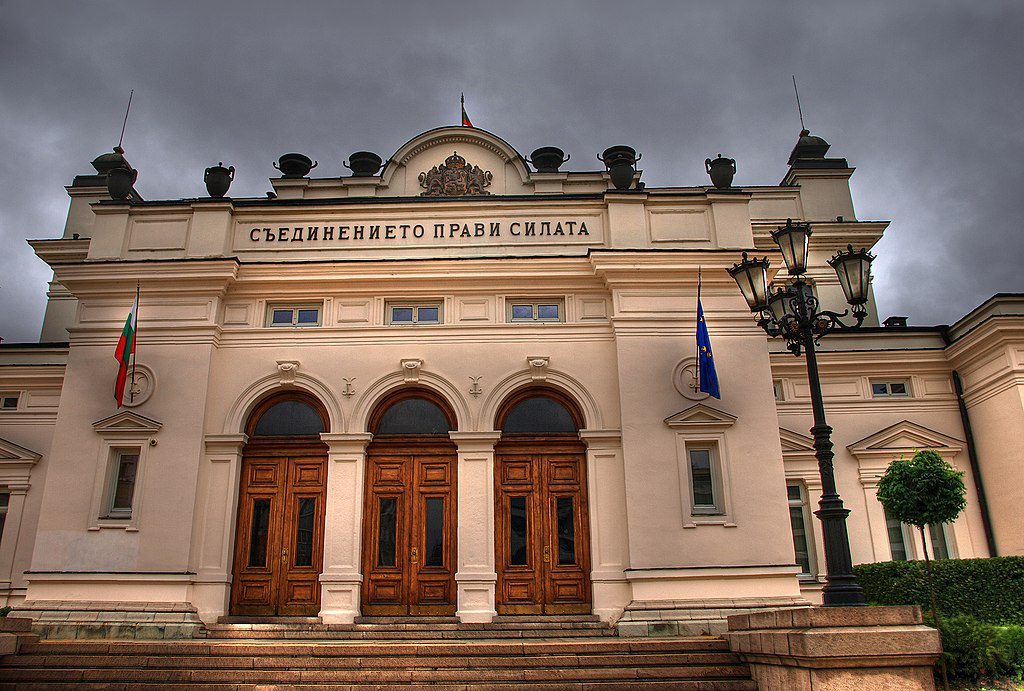
Bulgarian parties rally their electorate for the fifth show-down in just two years this Sunday, as a new liberal formation and the old center-right conservatives race to end this period of instability and finally break the Russophile president’s unruly grip on the country.
As we have previously written, the Bulgarian governmental crisis continued to persist after the two largest parties GERB (Citizens for the European Development of Bulgaria) and PP (We Continue the Change) refused to join in a coalition following the snap election last October. GERB, which had been in power since 2009, was narrowly defeated by the liberal PP for the first time in 2021, but no party has been able to form a stable government since.
During the past two years, PP’s popularity dwindled in the polls, while GERB continued to enjoy a comfortable lead—until a few weeks ago. In February, PP joined forces with the centrist Democratic Bulgaria (DB), itself an electoral alliance formed by smaller center-right, center-left, and green parties in 2018. Now, with PP and DB challenging GERB together, both groups are measured at exactly 26% in the polls, staring down at a very close contest on Sunday.
However, the two leading parties going head-to-head again can easily spell even more hardships for the Bulgarian political scene. If neither party is able to break the gridlock this time, the crisis will likely continue for another months or years, leaving only one clear winner: President Rumen Radev.
In Bulgaria, the role of the president is a largely ceremonial one, but the past years’ crisis prompted the former air force chief, nominated by the post-Communist establishment, to become a more central figure, wielding more and more executive power through his appointed caretakers—usually selected from among his socialist friends—in lieu of a functioning, elected government.
It is no surprise, therefore, that even though GERB and PP will compete against each other at the polls, the greatest adversary for both is President Radev at the moment. The main point of criticism aimed at Radev is his ambiguous position on the war in Ukraine mixed with thinly veiled Russophilia, which is hardly fashionable in Europe these days. Years ago, Radev referred to Crimea as “Russian,” which his opponents immediately took as a manifestation of pro-Russian views, and even though the war led him to somewhat distance himself from Moscow, it was not nearly enough to convince anyone.
In order to get the country up and running again, free from too much of Radev’s influence, GERB and PP should bury the hatchet and try to work together for once. After all, they are the only two parties whose coalition could stabilize Sofia’s political landscape. And why not? Both are close to the political center, and both are explicitly pro-European—unlike Radev’s socialists.
The problem is that for PP specifically, laying down the sword would equal abandoning its foundation. The party was founded only in 2021, led by two Harvard-educated technocrats, after emerging from the massive anti-corruption protests challenging the GERB government.
With just a day until the election, Bulgaria seems no closer to solving this dilemma than it was two years ago. Nonetheless, all that remains is for us to see what happens on Sunday.
